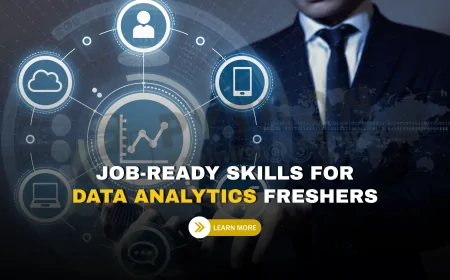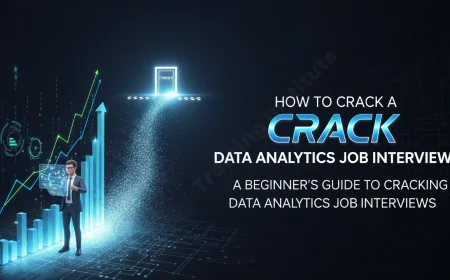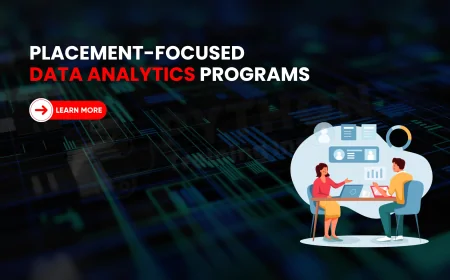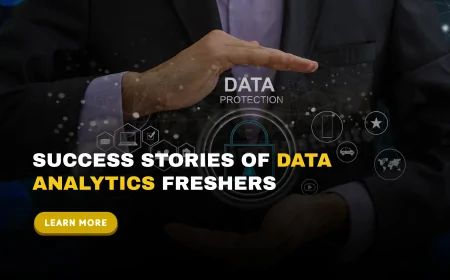Learn Python for App Development in Pune | Master App Development Using Python in Pune
Learn Python for app development in Pune with top institutes like WebAsha. Master web, desktop, and mobile app creation using Flask, Django, Kivy, and PyQt. Project-based training with deployment and certification included.
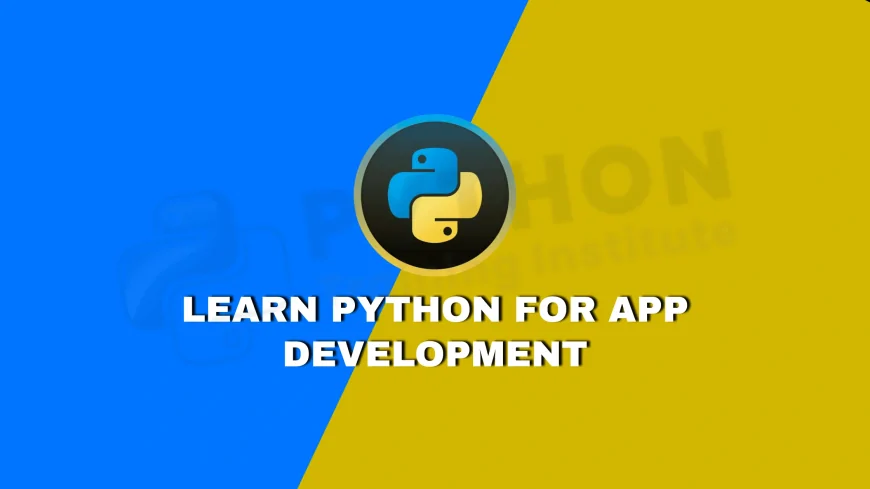
Table of Contents
- 1. Why Use Python for App Development?
- 2. Types of Python-Powered Apps
- 3. Course Formats & Training Modes
- 4. Top Course Providers in Pune
- 5. Skills & Curriculum Covered
- 6. Tools & Tech Stack
- 7. Project-Based Learning
- 8. App Deployment & Publishing
- 9. FAQs
- 10. Conclusion
Why Use Python for App Development?
Python is versatile, easy-to-read, and supported across platforms. Python’s powerful frameworks—Django for web, PyQt for desktop, and Kivy for mobile—make it a one-stop language for application development. For Pune developers, this means faster prototyping, broad job opportunities, and cross-platform potential.
Types of Python-Powered Apps
- Web Applications: Built with Flask or Django.
- Desktop GUIs: Developed using PyQt, Tkinter, or wxPython.
- Mobile Apps: Cross-platform using Kivy or BeeWare.
- Automation Tools: Command-line or graphical utilities.
- APIs & Microservices: Flask REST or FastAPI backends powering front-end apps.
Course Formats & Training Modes
- Live online instructor-led classes
- Weekend and hybrid batches—ideal for working professionals
- Self-paced with live mentor support
- Fast-track weekend or 4–6 week bootcamps
- Hybrid cloud-based project labs
Top Course Providers in Pune
WebAsha Technologies:
WebAsha Pune stands out as a premier destination for Python-based app development courses. They offer multiple flexible programs tailored for beginners, working professionals, and aspiring developers. Below are the top course offerings from WebAsha:
- WebAsha Python App Developer Bootcamp: A practical, project-based program covering Flask, Kivy, and PyQt for mobile, desktop, and web application development. Includes live sessions, GitHub project deployment, and job prep.
- WebAsha Mobile App Development with Python (Kivy): Focuses on building real-world Android apps using Python’s Kivy framework. Ideal for learners interested in cross-platform mobile solutions.
- WebAsha GUI & Desktop App Track: Specialized in creating rich desktop interfaces using PyQt5 and Tkinter. Includes database integration, packaging apps, and executable deployment.
- WebAsha Python Web Framework Program: Covers full-stack web development using Django and Flask, including REST API creation, user authentication, database modeling, and deployment to Heroku/AWS.
- WebAsha Career LaunchPad (App Dev Edition): A beginner-friendly course designed for students and freshers, combining Python basics with end-to-end app development, portfolio building, and interview preparation.
Each of these programs includes one-on-one mentorship, project reviews, hands-on assignments, certification, and placement assistance—making WebAsha a reliable choice for app development training in Pune.
Skills & Curriculum Covered
- Python fundamentals, OOP, exception handling
- GUI frameworks (PyQt, Kivy, Tkinter)
- Web frameworks (Flask, Django)
- Database integration (SQLite, PostgreSQL)
- API creation and consumption
- App packaging and distribution
- Basic mobile UI design
- Testing, debugging, and CI/CD basics
Tools & Tech Stack
- VS Code or PyCharm IDE
- Python 3.x, pip, virtualenv
- Frameworks: Flask, Django, PyQt, Kivy
- Databases: SQLite, PostgreSQL, ORM (SQLAlchemy/Django ORM)
- Packaging: PyInstaller, Buildozer (for mobile builds)
- Version control: Git, GitHub
- Deployments: Heroku, AWS, AWS Lambda, desktop exe creation
- Testing: unittest, pytest
Project-Based Learning
Real-world apps included:
- Desktop task manager with PyQt
- Mobile note-taking app via Kivy
- E-commerce web app using Flask/Django
- REST API for mobile app backend
- Automation tool with GUI and database logging
App Deployment & Publishing
- Deploy web apps to Heroku, AWS, DigitalOcean
- Create desktop executables with PyInstaller
- Package mobile APKs through Buildozer
- Publish apps on Windows/macOS/Linux stores
- Use CI/CD pipelines for automated builds & tests
Frequently Asked Questions (FAQs)
1. Can I build mobile apps with Python?
Yes, frameworks like Kivy and BeeWare allow you to write cross-platform mobile apps in Python.
2. Is Python good for desktop GUI?
Absolutely—users commonly use PyQt, Tkinter, or wxPython for full-featured desktop applications.
3. Do I need to learn JavaScript?
For mobile or desktop apps, no—but knowledge of JS helps when building full-stack web apps.
4. How long to learn app development?
Generally 8–12 weeks of part-time or 4–6 week bootcamp formats.
5. Will I deploy real apps?
Yes—you'll deploy web, desktop, or mobile apps in real-time as part of the curriculum.
6. What IDE should I use?
VS Code is widely used; PyCharm offers advanced support for Django/Flask projects.
7. Do courses include testing?
Yes—basic unit and GUI testing are taught to ensure production-quality apps.
8. Do I need special hardware?
No—any 8GB RAM laptop will suffice for Python app development.
9. Is this suitable for beginners?
Yes—courses start with Python fundamentals before moving into GUI/web/mobile layers.
10. Is mentorship included?
Yes—live QA sessions, code reviews, and deployment support come standard.
11. Will I learn databases?
Yes—SQLite and PostgreSQL are commonly used, with ORM integration.
12. Can I monetize these apps?
Yes—developers often publish web apps, sell desktop tools, or publish mobile apps on stores.
13. Are courses placement-assisted?
Many Pune providers offer resume support and job referrals.
14. Do I need prior coding?
Basic Python helps, but beginner-friendly courses take you step-by-step.
15. Can I integrate APIs?
Yes—course projects often include consuming third-party REST APIs.
16. Are these courses live?
Most include live online classes, recorded for future reference.
17. Will I learn deployment pipelines?
Yes—CI/CD basics via GitHub Actions or similar tools are included.
18. Are there free trials?
Yes—many providers offer demo sessions before enrollment.
19. Do I get certification?
Yes—completion certificates and project validations are provided upon finishing.
20. How do I enroll?
Contact the provider's website, attend a demo, and choose a batch that matches your schedule.
Conclusion
Learning Python for app development in Pune offers a powerful path to creating web, desktop, or mobile applications that solve real-world problems. With structured training, live mentorship, project-based learning, and deployment experience, you can build functional applications, strengthen your developer portfolio, and open doors to career and freelance opportunities. Start your Python app development journey today and turn your ideas into working applications.
What's Your Reaction?
 Like
0
Like
0
 Dislike
0
Dislike
0
 Love
0
Love
0
 Funny
0
Funny
0
 Angry
0
Angry
0
 Sad
0
Sad
0
 Wow
0
Wow
0






